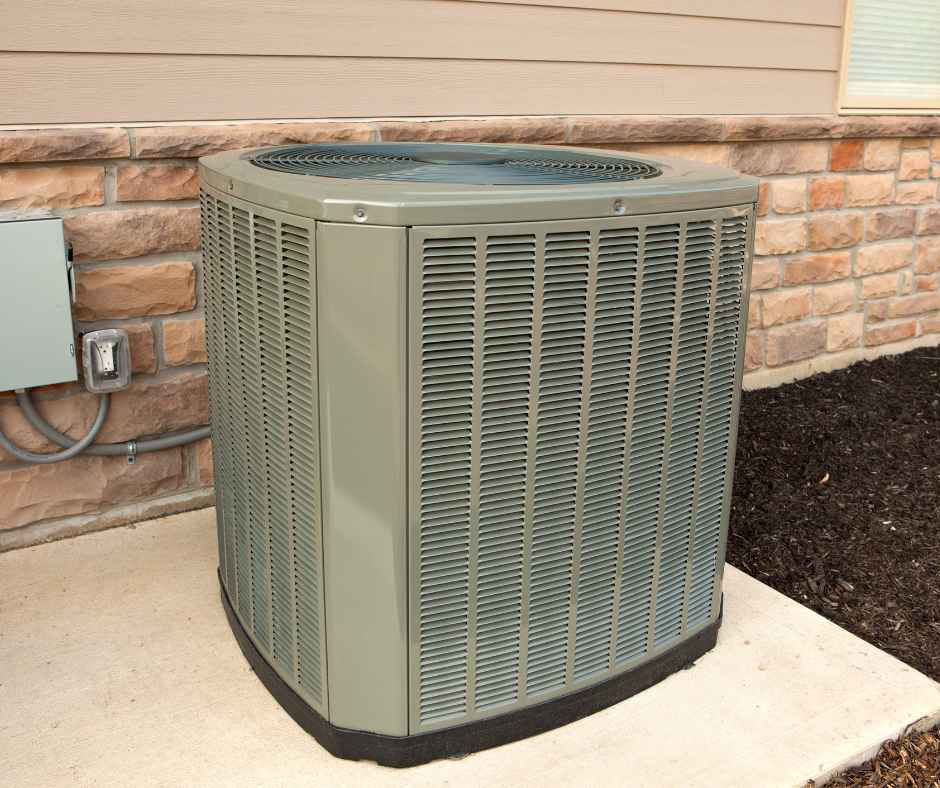520-629-9676
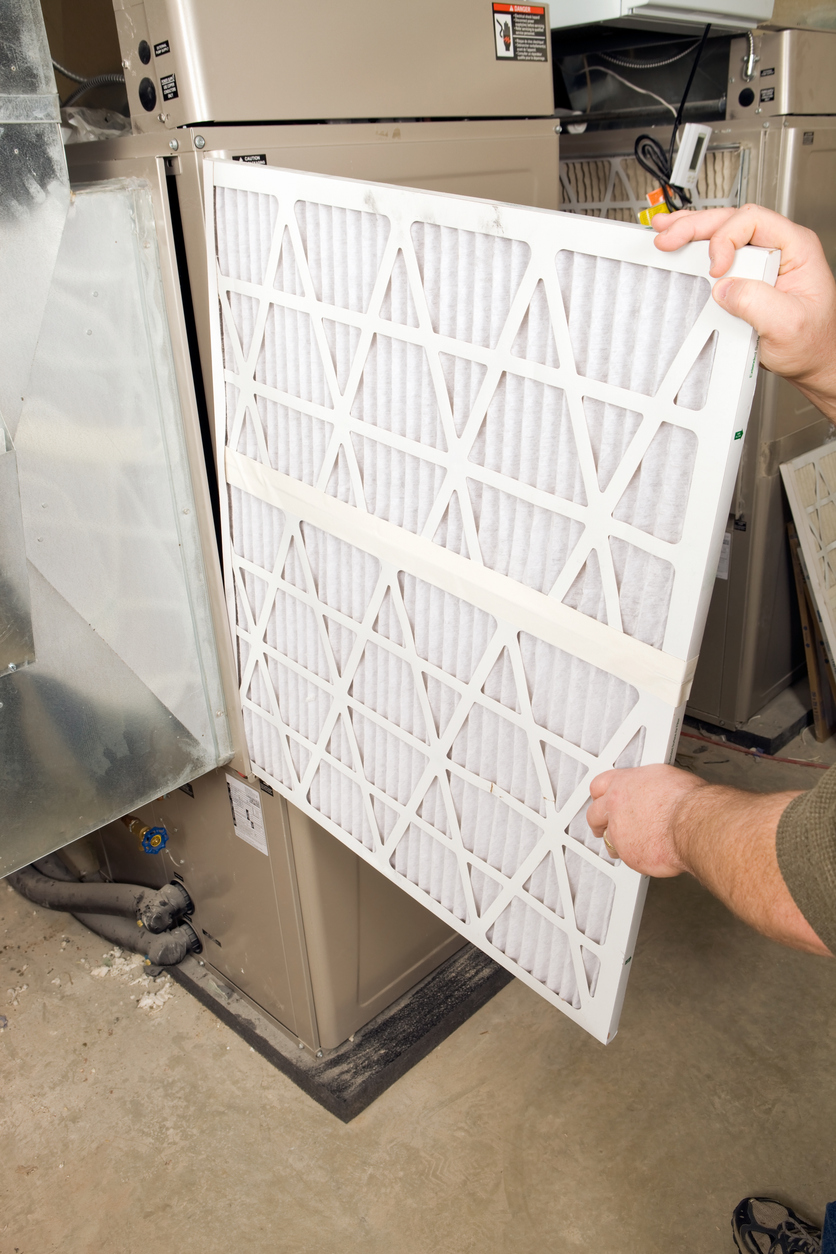
How Often Should You Change Your Air Filter?
Keeping your home comfortable and your air clean starts with regular furnace maintenance, and one of the simplest yet most important tasks is changing your air filter. You may wonder, “How often should you change your air filter?” or “How often should you change your furnace filter?” The answer can depend on several factors, including your home’s environment, the type of furnace, and how often you use it.
In this guide, we’ll cover how frequently you should change your air filter, why it’s essential, and how it impacts your furnace maintenance routine.
Why You Need to Change Your Air Filter
Air filters are a crucial part of your HVAC system, preventing dust, dirt, and other airborne particles from circulating through your home. They also protect your furnace from internal damage caused by debris buildup. When you regularly change your air filter, you maintain good indoor air quality and ensure that your furnace operates efficiently.
But what happens if you forget to change your furnace filter? An overly dirty or clogged filter forces your system to work harder, leading to poor airflow and reduced heating or cooling performance. Over time, this can result in higher energy bills, increased wear and tear on your furnace, and even costly repairs.
How Often Should You Change Your Air Filter?
The general recommendation is to change your air filter every 1 to 3 months, but the exact timing depends on a few factors:
- Household Size: If you live in a large household, especially with multiple people or pets, you should change your air filter more frequently—every 1 to 2 months.
- Allergies or Respiratory Conditions: If anyone in your home suffers from allergies, asthma, or other respiratory issues, you may need to change your air filter every month to maintain optimal air quality.
- Pets: Pet hair and dander can quickly clog an air filter. If you have pets, plan to change your furnace filter every 1 to 2 months.
- System Usage: During peak usage seasons, like summer and winter, your HVAC system runs more often, meaning your filter will get dirty faster. In these seasons, consider changing your air filter every month.
- Filter Type: The type of filter you use also affects how often you should change it. High-efficiency filters may last longer but should still be checked regularly.
In less populated households or homes with no pets and minimal allergens, you can stretch your filter changes to every three months. However, it’s still essential to check your filter monthly to see if it needs replacing sooner.
How Often Should You Change Your Furnace Filter?
When considering furnace maintenance specifically, the same guidelines apply for how often you should change your furnace filter. Changing your furnace filter every 1 to 3 months ensures your furnace isn’t overworked and keeps your home heating system running efficiently. Neglecting this task can lead to a buildup of dust and debris, which blocks airflow and causes your furnace to work harder, leading to higher energy costs and potential breakdowns.
If you’re unsure how long it’s been since you last changed your furnace filter, now is the perfect time to check it. A dirty filter is easy to spot—it will be covered in dust and may have visible discoloration.
The Consequences of Not Changing Your Air Filter
Failing to regularly change your air filter can lead to several issues:
- Poor Air Quality: When you don’t change your air filter, dust, dirt, and allergens circulate through your home, affecting the air you breathe. This can aggravate allergies and asthma or create an unhealthy living environment.
- Higher Energy Bills: A clogged filter makes your HVAC system work harder to maintain the desired temperature, which increases your energy usage and, subsequently, your utility bills.
- System Inefficiency: Over time, a dirty filter puts a strain on your furnace, leading to poor performance. You may notice your home isn’t as warm or cool as it should be, despite running the system longer.
- Potential Furnace Damage: A clogged furnace filter can cause your system to overheat, leading to costly repairs or even premature failure. Regular filter changes are an easy way to avoid these issues and extend the life of your furnace.
Furnace Maintenance: Keep Your System Running Smoothly
While changing your furnace filter is a critical part of furnace maintenance, it’s not the only thing you should do to keep your system in top shape. Scheduling regular professional furnace maintenance ensures that your furnace is operating efficiently and helps prevent unexpected breakdowns.
During a maintenance visit, an HVAC technician will inspect and clean various components of your furnace, such as the blower motor, heat exchanger, and burners. They’ll also check for potential issues, like leaks or worn-out parts, to ensure your system runs smoothly throughout the season.
Keep Up with Regular Filter Changes
So, how often should you change your air filter? Ideally, every 1 to 3 months, depending on your household’s needs. Regularly changing your furnace filter not only improves the air quality in your home but also ensures your furnace operates efficiently and lasts longer. Proper furnace maintenance is essential to keep your heating system in optimal condition.
At Russett Southwest, we’re here to help with all your furnace maintenance needs. Whether it’s time to change your furnace filter or you need a professional tune-up, our team is ready to provide reliable service. Contact us today to schedule your furnace maintenance and keep your system running smoothly.
Recent News
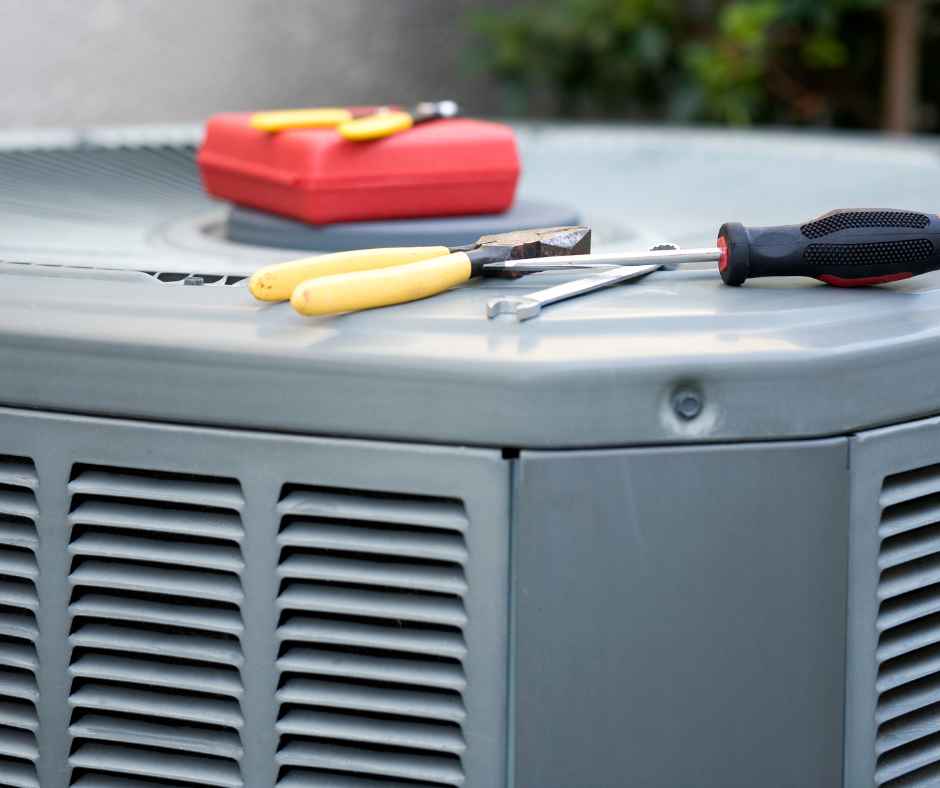
Top Signs Your HVAC System Is Wasting Energy in Tucson
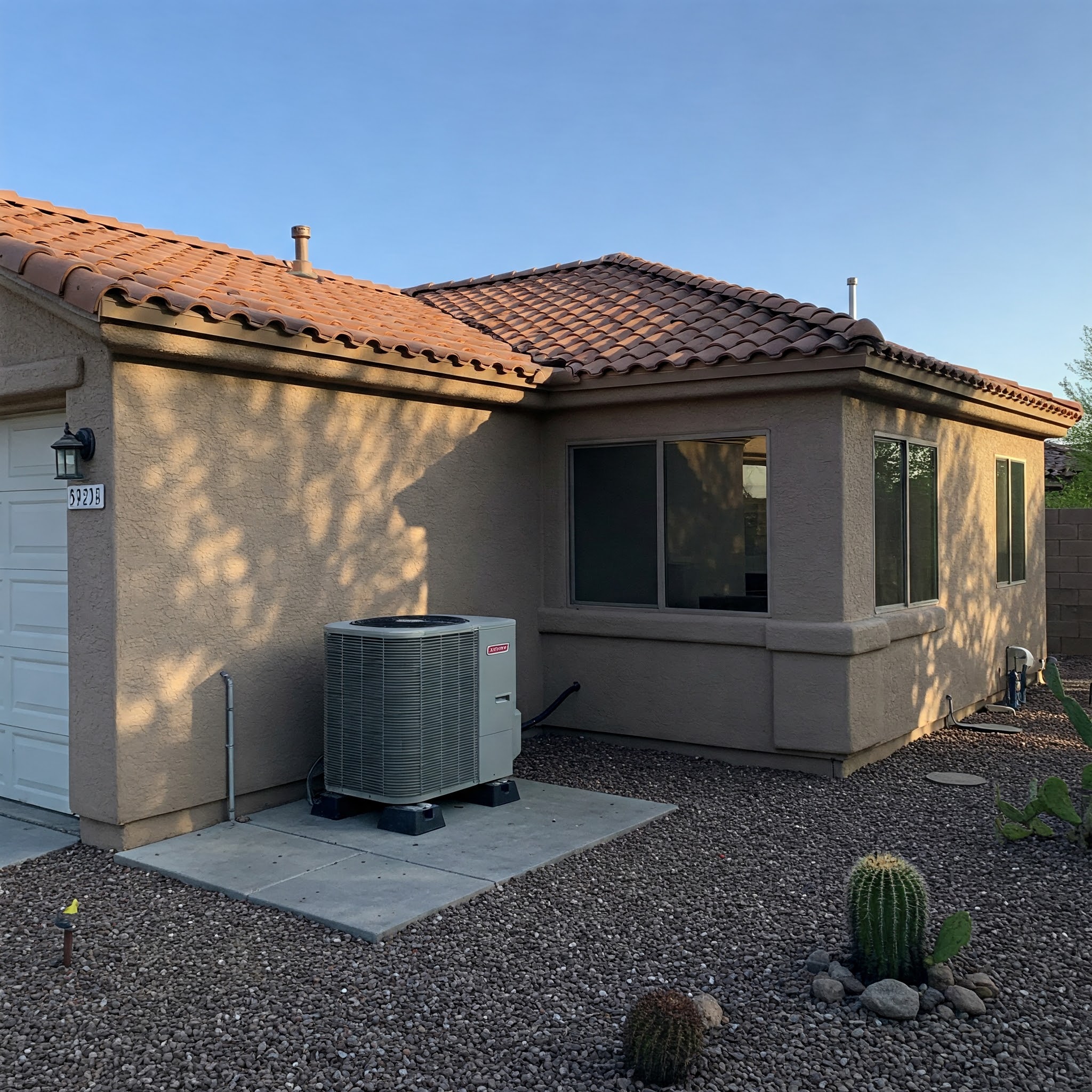
Why Spring HVAC Maintenance Is Crucial in Tucson

How Tucson’s Dust Impacts Indoor Air Quality and What to Do About It
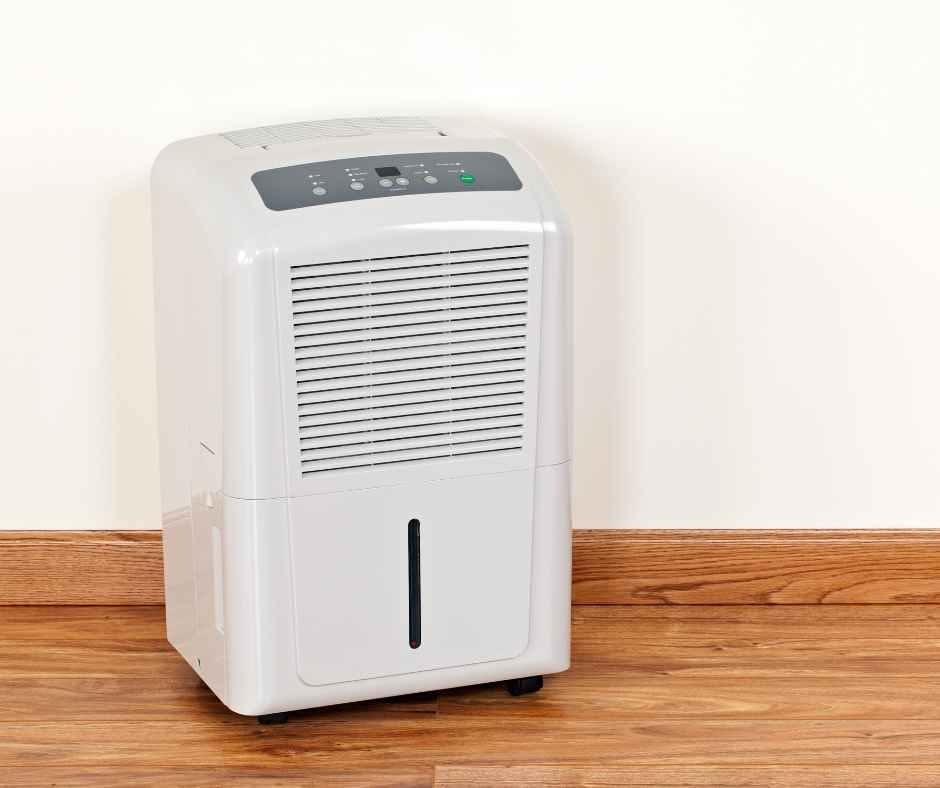
Do You Need a Dehumidifier in Tucson’s Dry Climate?
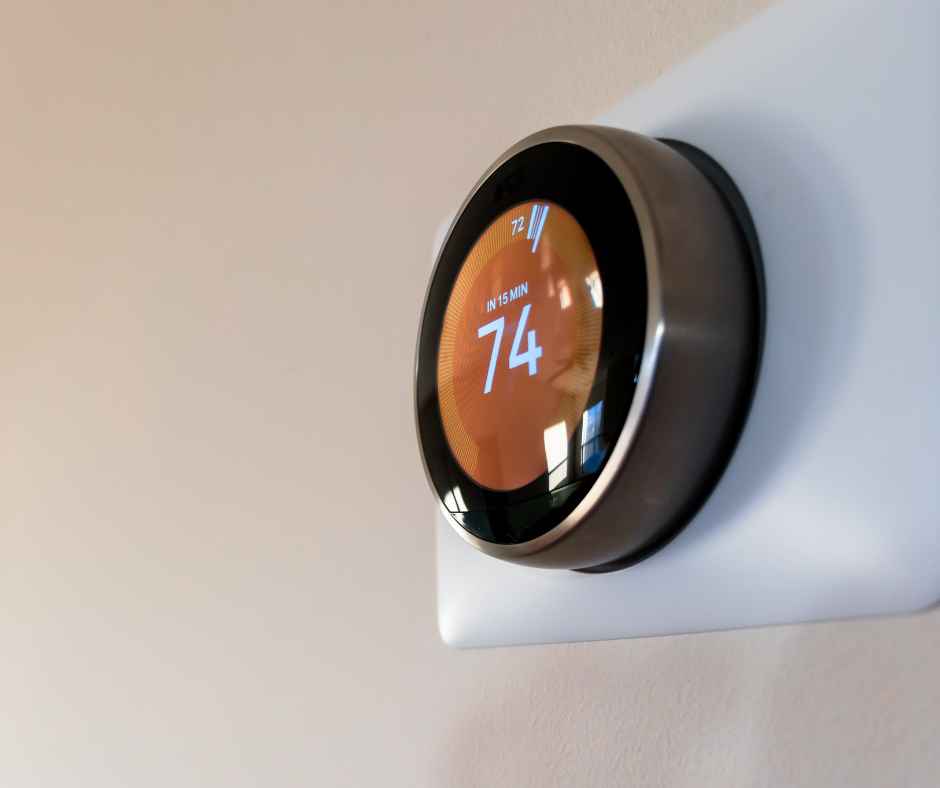
The Benefits of Programmable Thermostats in Tucson’s Extreme Weather
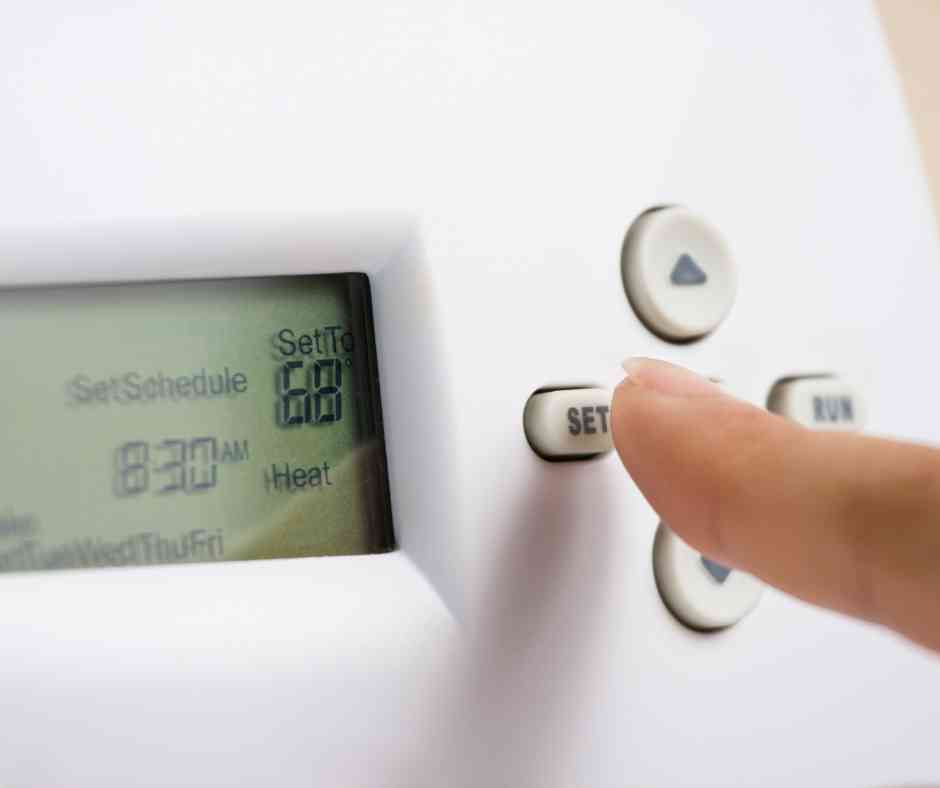
Common HVAC Problems in Tucson Homes and How to Fix Them
